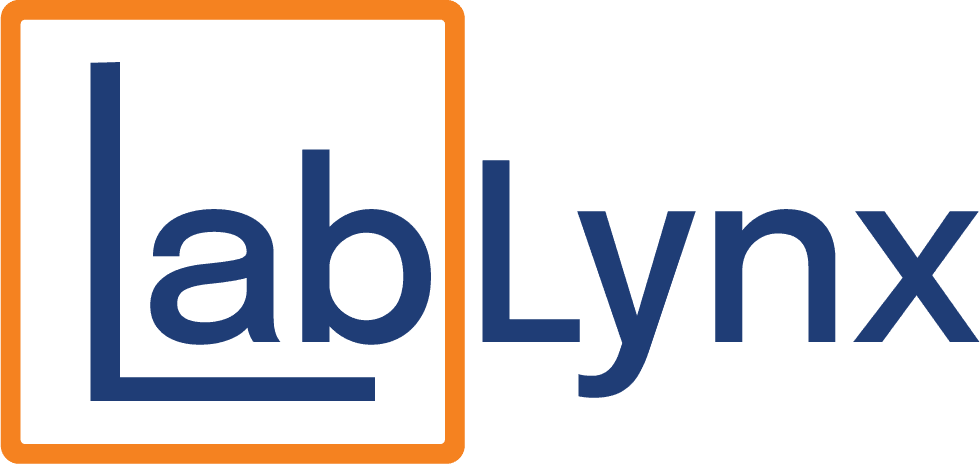Boost Food & Beverage Lab Efficiency with Specialized Lab Management Solutions
LabLynx empowers food and beverage labs to excel with precision and reliability, providing tools that streamline testing workflows, ensure compliance, and enhance data accuracy, so your lab delivers safe, high-quality products consistently and confidently.
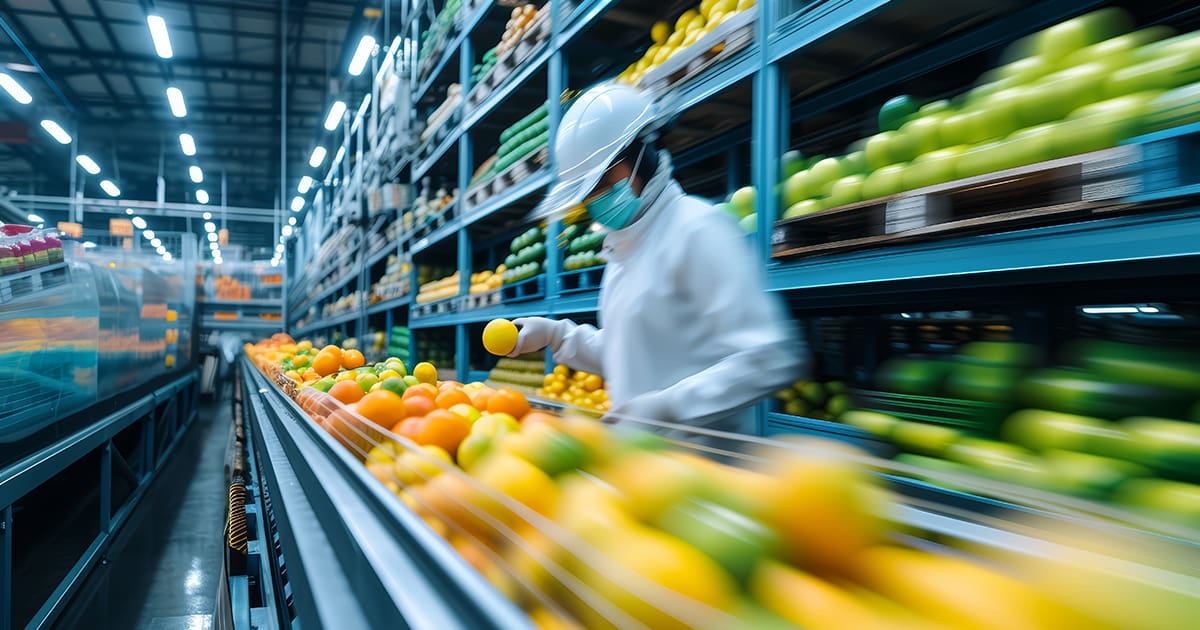

Food & Beverage LIMS Built for Quality, Compliance, and Efficiency
Food and beverage labs face strict regulations and high expectations for accuracy, consistency, and safety. LabLynx Food & Beverage LIMS is specifically designed to meet these unique demands, offering robust compliance features and flexible workflows that adapt to your lab’s processes. From pathogen testing to nutritional analysis, our LIMS ensures seamless regulatory adherence while enhancing productivity and accuracy at every stage.
With LabLynx, food and beverage labs gain a powerful, all-in-one solution that streamlines data management, automates complex reporting, and supports real-time quality control. Our Food & Beverage LIMS delivers unmatched flexibility and compliance support, empowering your lab to produce safe, top-quality products that meet industry standards and exceed customer expectations with every batch.
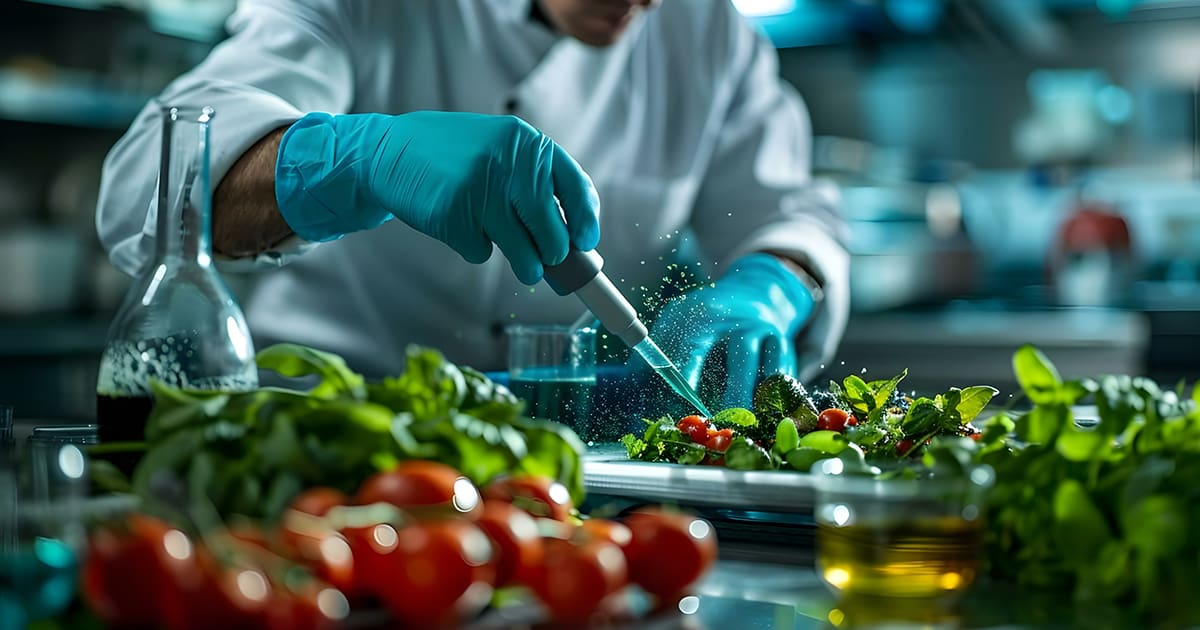
Don’t let a one-size-fits-all solution hold your lab back—discover how our customizable LIMS can transform your operations.
Essential Lab Management Features for Food & Beverage Labs
Compliance & Regulatory Support
Automated Compliance Management
LabLynx Food & Beverage LIMS simplifies compliance by tracking all necessary data points, ensuring that your lab stays audit-ready and meets stringent industry regulations.Traceability & Chain of Custody
Maintain complete traceability with LabLynx’s built-in chain of custody features, logging every step from sample intake to final results to ensure data integrity and reliability.Automated Regulatory Reporting
LabLynx enables fast, accurate reporting with pre-configured templates that align with regulatory standards, reducing time spent on reporting while ensuring full compliance.
Quality Control & Assurance
Real-Time Quality Monitoring
Keep quality at the forefront with LabLynx’s real-time monitoring tools, tracking sample quality metrics and instantly alerting teams to any deviations.Data Integrity & Accuracy
LabLynx Food & Beverage LIMS safeguards data integrity with secure, centralized data storage, ensuring all results are reliable and accessible when needed.Automated QA/QC Workflow Management
Streamline quality assurance tasks with automated workflows that manage and track QA/QC steps, reducing manual errors and improving process efficiency.
Sample Management & Tracking
Comprehensive Sample Tracking
LabLynx provides end-to-end sample management, from receiving samples to final reporting, ensuring nothing is lost or mislabeled.Barcode Labeling for Accurate Identification
Generate and use barcodes for every sample, allowing easy tracking and reducing human error throughout the testing process.Real-Time Sample Status Visibility
LabLynx’s real-time tracking offers instant updates on sample status, ensuring efficient processing and transparency at every stage.
Data Management & Reporting
Centralized Data Repository
LabLynx Food & Beverage LIMS stores all lab data in a secure, centralized system, making it easy to organize, access, and analyze essential data at any time.Customizable Report Generation
Create custom reports that meet specific client and regulatory needs, with LabLynx’s flexible report templates designed for food and beverage labs.Data Security & Integrity
Protect your data with LabLynx’s advanced security features, ensuring that sensitive information remains safe and compliant with industry standards.
Discover How LabLynx Boosts Your Food & Beverage Lab’s Performance and Efficiency
"*" indicates required fields
Unlock ISO 22000 Success with Smarter Food Safety Solutions
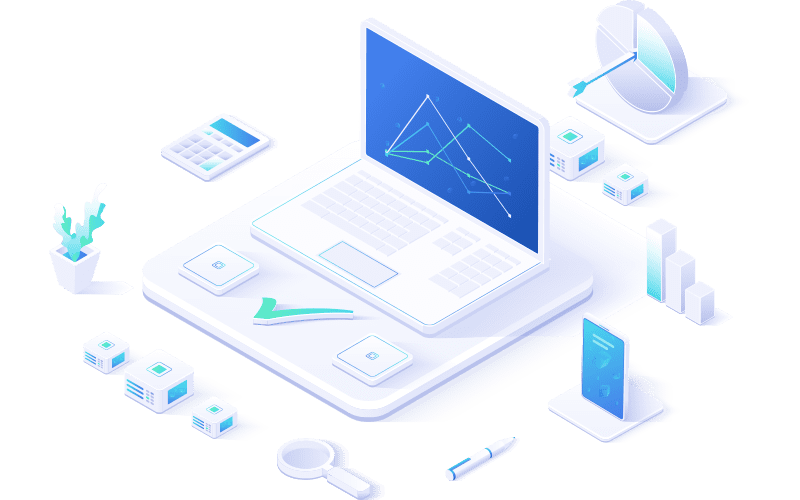
LabLynx LIMS Suite for Food & Beverage Labs
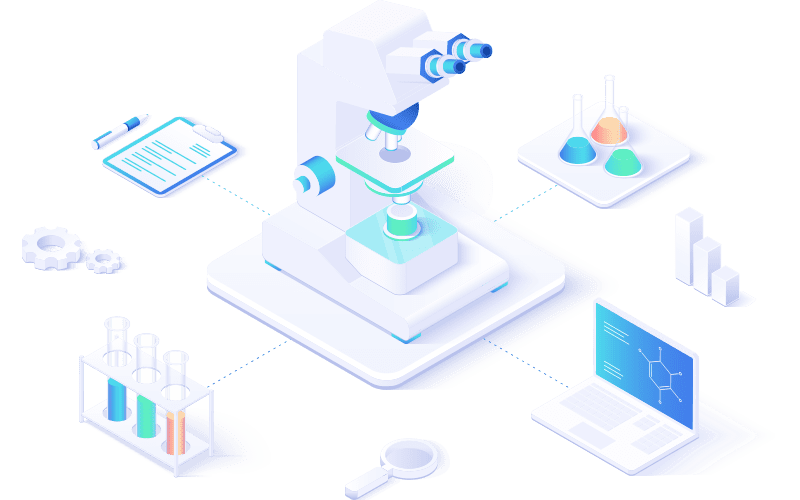
Ready to enhance quality control, simplify compliance, and accelerate testing timelines? Explore how the LabLynx LIMS Suite is purpose-built to power food and beverage labs with precision.

